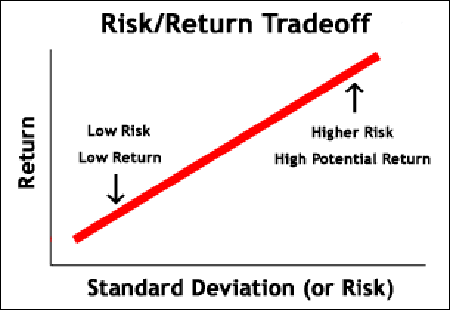
If a trader is willing to give a large share of his time and energy to study of the markets and of technical considerations, and if he has the proper ability and proper personal makeup, then it seems quite certain that he will make greater profits on the shorter time frame as opposed to position trading. Certainly the possibility for such profit is much greater in short-term trading.
On the other hand, the individual who is unable or unwilling to give up a good portion of his time and energy to the study of technical considerations, who knows or finds himself erratic in his trading success or unfitted psychologically for short-term trading, will, of course, find greater profit, slower but more certain, by confining his operations to those for the long-swing.
The third and most likely possibility is that most individuals will lose either way. This is the real key:
… a study done by one of the major clearing firms analyzed what percentage of their retail accounts were profitable in the mid-’80s to mid-’90s, and that number came in around eight percent. The most profitable accounts were those with the highest activity levels [ed. pre-tax profits, of course]. But, overall, the floor traders and specialists have always been the most profitable group of traders in history.
It seems the secret to profitable short-term trading is to hold the order book, “proper personal makeup” and “the study of technical considerations” be damned
No comments:
Post a Comment